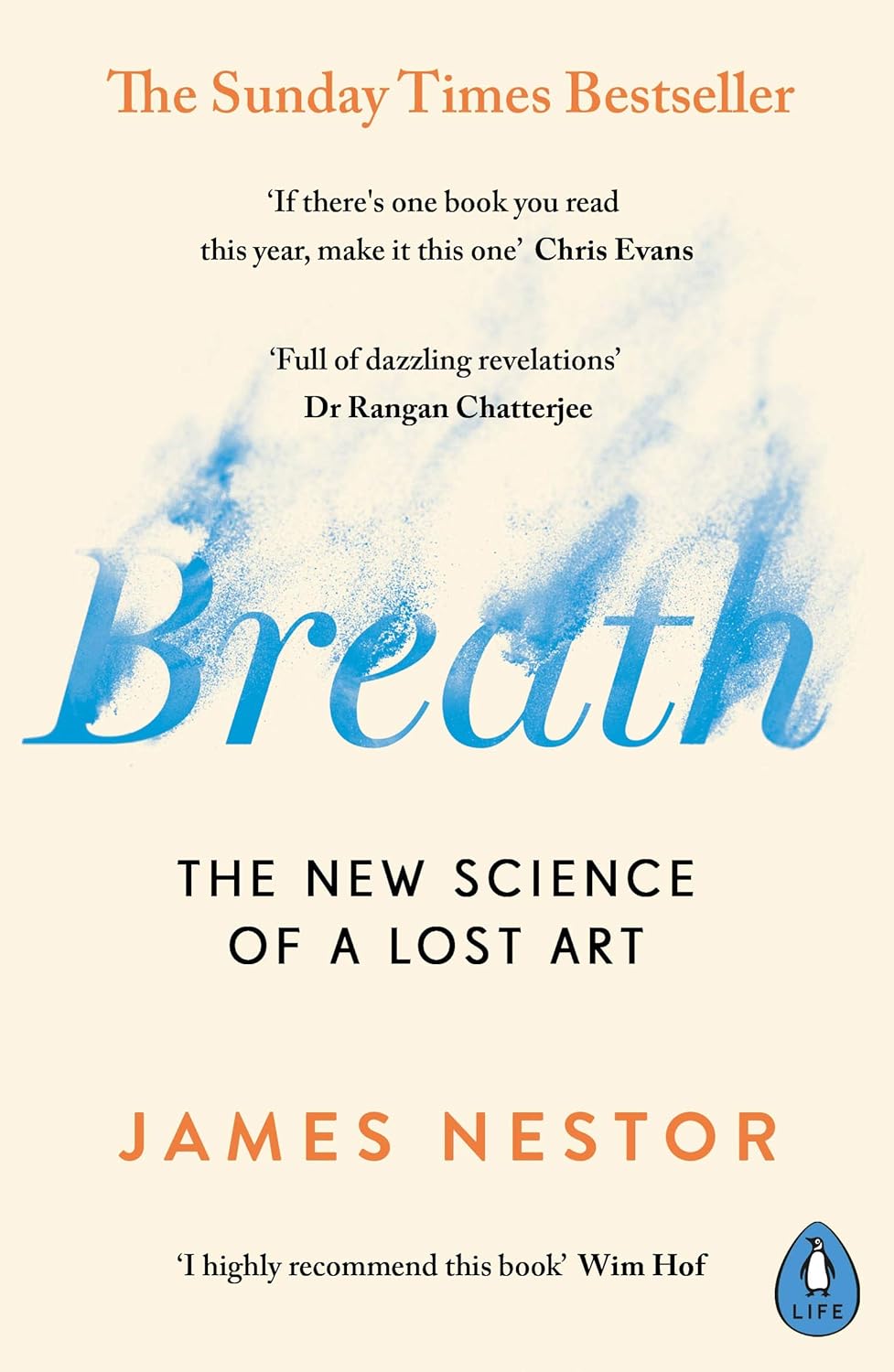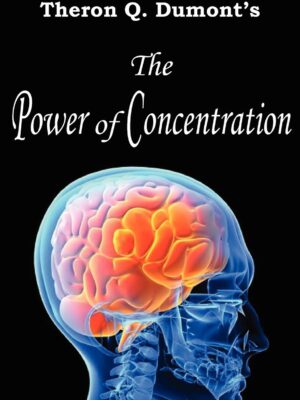Breath: The New Science of a Lost Art – James Nestor
Secure Checkout with Amazon!
- Top-Rated Books
- Readers Satisfaction
- Verified Customer Reviews
Description
Breath: The New Science of a Lost Art by James Nestor explores the overlooked yet powerful role that breathing plays in our physical and mental well-being. Nestor investigates the science behind proper breathing techniques and how modern humans have strayed from optimal breathing habits, leading to a range of health issues like poor sleep, anxiety, respiratory problems, and even dental deformities. He combines scientific research, personal experiments, and historical insights to highlight the importance of reclaiming our natural ability to breathe correctly.
Key points from Breath:
- Importance of Proper Breathing: Nestor emphasizes that most people breathe incorrectly, either through the mouth or by taking shallow breaths, which negatively impacts their health. Correct breathing, particularly through the nose and with deeper, slower breaths, can significantly improve overall well-being.
- Evolution of Breathing Problems: Nestor explains how changes in human diet, lifestyle, and physical environment have altered our facial structure, leading to narrower airways and making us more prone to breathing problems like sleep apnea, snoring, and mouth breathing.
- Nasal Breathing vs. Mouth Breathing: One of the book’s central messages is that nasal breathing is far superior to mouth breathing. Breathing through the nose filters, warms, and humidifies the air, allowing for better oxygen absorption. Mouth breathing, on the other hand, can lead to a variety of health issues, from dental problems to lung infections.
- The Importance of Slow, Deep Breaths: Nestor discusses the benefits of slowing down the breath, particularly through practices like diaphragmatic breathing and ancient techniques such as pranayama (yogic breathing). Deep, slow breaths activate the parasympathetic nervous system, which promotes relaxation, reduces stress, and enhances oxygen efficiency.
- Breath and Mental Health: The book connects the quality of our breath to mental health, noting that improper breathing can exacerbate anxiety, stress, and cognitive decline. Breathing exercises, such as controlled breathing and meditative practices, can help manage anxiety and improve focus.
- Ancient Breathing Techniques: Nestor explores ancient breathing practices from different cultures, such as Tummo (a Tibetan breathing technique), pranayama, and the Buteyko method. These techniques have been used for centuries to optimize physical and mental health, regulate body temperature, and even enhance athletic performance.
- CO2 and Oxygen Balance: Nestor explains how the balance of oxygen and carbon dioxide in our bodies is crucial for health. Contrary to popular belief, higher CO2 levels in the blood can help improve oxygen absorption and delivery to cells, which is why shallow, fast breathing can be harmful.
- Breathing for Athletic Performance: The book highlights how proper breathing techniques can improve athletic performance. By mastering controlled breathing, athletes can increase endurance, speed recovery, and prevent injury.
- Health Benefits of Controlled Breathing: Nestor demonstrates how specific breathing practices can help manage or even reverse chronic health conditions such as asthma, high blood pressure, and autoimmune disorders.
- Breathing as a Lifelong Skill: The overall theme of the book is that breathing correctly is a lost art that can be rediscovered and cultivated. By simply learning to breathe more consciously and efficiently, we can unlock numerous health benefits, improve our mental clarity, and even extend our lives.
In Breath, James Nestor blends scientific research with historical and personal insights, offering a compelling case for why breathing should be considered one of the most fundamental aspects of health, and how mastering it can transform our lives.





Reviews
There are no reviews yet.